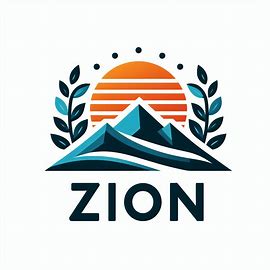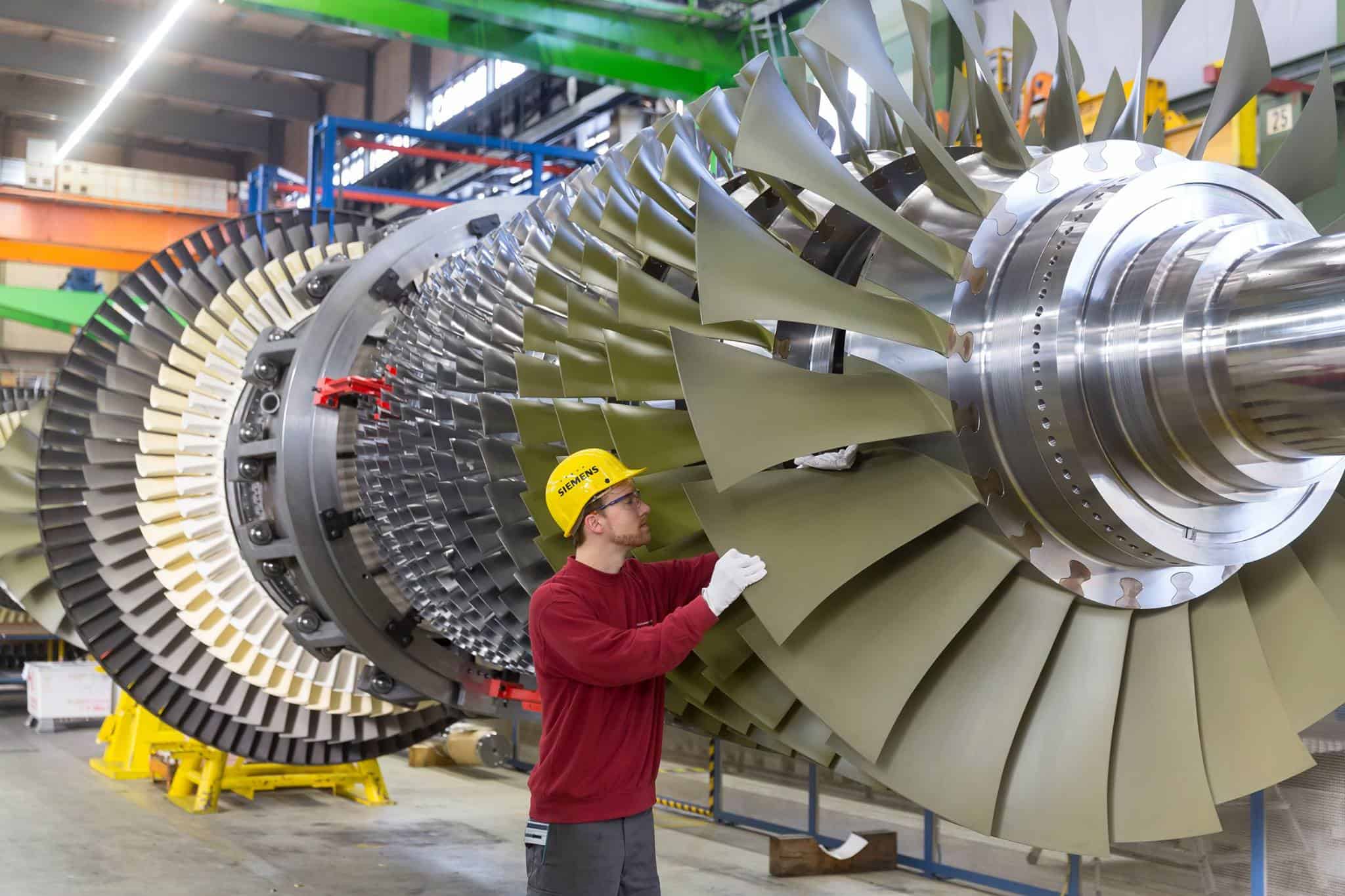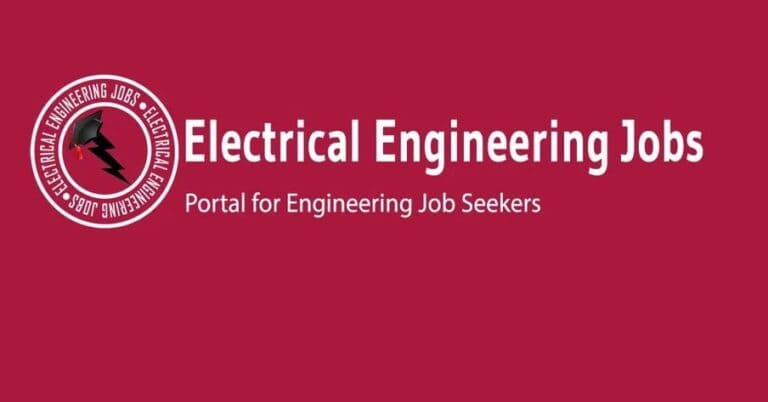Exciting Jobs for Immigrants in Canada and United States 2024|2025
Jobs for Immigrants in Canada and United States. Are you considering a move to a new country for better job opportunities, but unsure which destination is right for you and how to integrate into a new society? Jobs in Canada and Jobs in the United States for Immigrants are two of the most attractive destinations for job seekers. Both countries offer diverse job markets, innovative economies, and welcoming society that value the contributions of newcomers. This comprehensive guide examine the field of jobs in Canada and jobs in the U.S., providing valuable insights for those considering a move to either nation.
Canada, known for its beautiful views and diverse cities, has long been a gateway for immigrants seeking a high quality of life and professional growth. With its points-based immigration system and numerous pathways for skilled workers, Canada continues to attract talent from around the globe. The country’s commitment to economic growth and innovation creates a dynamic job market that spans various industries, from technology and finance to healthcare and natural resources.
The United States, with its rich history and global influence, offers a unique blend of tradition and modernity in its job market. Despite recent political changes, the U.S. remains a powerhouse in sectors such as finance, technology, and creative industries. Cities like New York, California, and Texas serve as hubs for international business and innovation, providing many jobs opportunities for immigrants with varying skill sets. Both Canada and the U.S. present exciting prospects for those looking to advance their careers in English-speaking environments with strong social support systems.
In this article, we will look into entry-level Jobs for Immigrants in Canada and United States, the necessary visa requirements for employment, and the salary scales immigrants can expect. By understanding these aspects, job seekers can learn how to prepare themselves for a successful career in these prosperous nations.
Entry-Level Jobs for Immigrants
Finding entry-level jobs for immigrants in Canada and the United states can serve as a vital first step for newcomers looking to establish their careers. In Canada, industries such as hospitality, retail, and customer service are well known for those looking to start their careers. Positions like Software engineer, Accountant, Security guard ,Registered nurse, and Electrical Engineer, etc are common entry points for immigrants. Canada’s emphasis on providing fair opportunities that makes these jobs accessible, even to those with minimal experience. Moreover, entry-level positions in sectors like healthcare, including roles such as healthcare aides and support workers, are in high demand due to Canada’s aging population.
The U.S., on the other hand, also offers numerous entry-level positions across various sectors. Retail, hospitality, and care work are some of the most common fields for foreigners into the job market. The U.S. growing service sector ensures that there is a steady demand for roles such as cashiers, waitstaff, and personal care aides. Additionally, with the rise of e-commerce, there are increasing opportunities for warehouse operatives and delivery drivers. These jobs does not only provide a stepping stone for career growth but also help immigrants gain insights into the U.S. work culture and build a network of professional contacts.
Understanding the labour laws in these countries is also important for immigrants. Canada has strong labor laws that protect workers’ rights, ensuring fair wages and safe working conditions. The U.S. also maintains strict regulations to protect employees, including minimum wage laws and anti-discrimination policies. Immigrants should familiarize themselves with these laws to ensure they receive fair treatment and understand their rights in the country and workplace.
Visa Requirements for Employment
Securing Jobs for Immigrants in Canada and United States. often requires obtaining the appropriate work visa. Both countries have solid immigration policies, and understanding these requirements is vital for potential foreigner.
Canada Visa Requirements
To work in Canada, it is mandatory that immigrate have a work permit. There are two types of work permits: employer-specific work permits and open work permits. Employer-specific work permits are tied to a particular job, and the immigrant must have a job offer from a Canadian employer who has obtained a positive Labour Market Impact Assessment (LMIA). An open work permit, on the other hand, allows the immigrant to work for any employer in Canada and is usually granted under specific conditions, such as being a spouse of a skilled worker or international student.
U.S. Visa Requirements
The U.S. has a points-based immigration system, and immigrants looking for employment must obtain a work visa under this system. The most common work visa is the Skilled Worker Visa, which requires a job offer from a U.S. employer with a valid sponsorship license. The job must meet the skill level and salary threshold set by the U.S. government. Additionally, applicants must demonstrate English language proficiency and meet other eligibility criteria. Other visa options include the Temporary Worker Visa for short-term work and the Global Talent Visa for highly skilled individuals in specific fields.
Both countries offer pathways to permanent residency for those who have lived and worked in the country for a certain period. In Canada, programs like the Canadian Experience Class under the Express Entry system allow temporary workers to apply for permanent residency. The U.S. also has a route to settlement for Skilled Worker Visa holders after five years of continuous residency.
Salary Scale for Immigrants
Understanding the salary expectations is important for immigrants planning to work in Canada or the U.S. The table below provides a general overview of the salary scale for various entry-level and skilled positions in both countries.
Skilled Positions
| Job Title | Canada (Annual Salary) | U.S (Annual Salary) |
|---|---|---|
| Healthcare Aide Jobs with Visa Sponsorship – APPLY NOW! | $27,000 -$35,000 | £17,000- £21,000 |
| Electrical Engineer Jobs with Visa Sponsorship – APPLY NOW! | $60,000 – $85,000 | £35,000 -£55,000 |
| Registered Nurse Jobs with Visa Sponsorship – APPLY NOW! | $55,000 – $75,000 | £30,000 -£45,000 |
| Software Developer Jobs with Visa Sponsorship-APPLY NOW! | $60,000 – $80,000 | £35,000 -£55,000 |
| Mechanical Engineer Jobs with Visa Sponsorship | $60,000 – $85,000 | £35,000 -£55,000 |
Unskilled Positions
| Job Title | Canada (Annual Salary) | U.S. (Annual Salary) |
|---|---|---|
| Security Guard Jobs with Visa Sponsorship – APPLY NOW! | $28,000 – $35,000 | £18,000 -£25,000 |
| Cleaner | $22,000 – $28,000 | £16,000 -£20,000 |
| Cashier | $23,000 – $28,000 | £15,000 -£18,000 |
| Delivery Driver | $30,000 – $40,000 | £18,000 -£25,000 |
| Food Service Worker | $24,000 – $28,000 | £16,000 -£19,000 |
These salary ranges may vary depending on the specific region, company, and the immigrant’s level of experience and education. In general, Canada tends to have higher salary scales, especially for technical and engineering roles, due to its demand for skilled workers in these fields. However, the U.S. offers competitive salaries in finance, healthcare, and technology sectors, making it an attractive destination for professionals in these industries.
Don’t miss : U.S. Navy OCS Application 2024-2025: Apply Now to Launch Your Naval Career!
Conclusion
Jobs in Canada and jobs in the U.S. offer numerous opportunities for immigrants seeking to advance their careers and improve their quality of life. Understanding the entry-level job market, visa requirements, and salary expectations are key to successfully finding your way in the job markets. Both countries have implemented measures to support immigrants in finding suitable employment and provide pathways to permanent residency, making them desirable destinations for skilled professionals and those looking to start anew.
As immigrants consider their options, it’s important to conduct thorough research and seek advice from immigration experts to understand the best pathways for employment in Canada and the U.S. With the right preparation and understanding of the job market, immigrants can find fulfilling careers and contribute positively to the economic and social fabric of these nations. Whether aiming for entry-level positions or highly skilled roles, the opportunities are abundant for those willing to explore and take advantage of what these countries have to offer.
Frequently Asked Questions (FAQ)
1. What are the most common entry-level jobs for immigrants in Canada and the U.S.?
In Canada, common entry-level jobs for immigrants include roles in retail, hospitality, customer service, and healthcare, such as sales associates, administrative assistants, customer service representatives, and healthcare aides. In the U.S., popular entry-level positions include roles in retail (cashiers and sales associates), hospitality (waitstaff and kitchen assistants), care work (personal care aides),warehouse operatives and Security Guard.
2. Do I need a job offer to apply for a work visa in Canada and the U.S.?
Yes, having a job offer is typically a requirement for obtaining a work visa in both Canada and the U.S. In Canada, an employer-specific work permit requires a job offer and a positive Labour Market Impact Assessment (LMIA) from a Canadian employer. In the U.S., the Skilled Worker Visa also requires a job offer from a U.S. employer with a valid sponsorship license, meeting the minimum salary and skill level requirements.
3. Can I apply for permanent residency after working in Canada or the U.S. for a certain period?
Yes, both Canada and the U.S. offer pathways to permanent residency for immigrants. In Canada, temporary workers can apply for permanent residency through programs like the Canadian Experience Class under the Express Entry system after gaining relevant work experience. In the U.S., Skilled Worker Visa holders can apply for settlement (Indefinite Leave to Remain) after five years of continuous residency, provided they meet other eligibility requirements.
4. What are the language requirements for working in Canada and the U.S.?
Both Canada and the U.S. have language proficiency requirements for work visa applicants. In Canada, proof of English or French language proficiency is needed for most work visa applications, often assessed through language tests such as IELTS or CELPIP. In the U.S., Skilled Worker Visa applicants must demonstrate English language proficiency, usually by passing a recognized English language test or having an academic qualification taught in English.
5. How much can I expect to earn as an entry-level worker in Canada and the U.S.?
Entry-level salaries vary by industry and location, but generally, in Canada, entry-level positions such as customer service representatives or retail sales associates earn between CAD 25,000 and CAD 35,000 annually. In the U.S., similar roles typically pay between £16,000 and £22,000 per year. Salaries can increase with experience and additional qualifications.
6. Are there any government programs to help immigrants find jobs in Canada and the United States.?
Yes, both countries have programs to assist immigrants in finding employment. In Canada, federal and provincial programs offer job search assistance, training, and resources for newcomers, such as resume writing workshops and career counselling. In the U.S., Jobcentre Plus provides similar support, including job search help, skills training, and advice on improving employability for immigrants.
7. What industries are currently in high demand for jobs in Canada and the U.S.?
In Canada, industries such as healthcare, technology, engineering, and construction are experiencing high demand for workers, particularly skilled professionals. In the U.S., the healthcare sector, technology, finance, and e-commerce are rapidly growing and seeking qualified workers. Both countries offer opportunities across various sectors, making them attractive destinations for a wide range of professionals.
8. Do Canada and the U.S. recognize international qualifications and work experience?
Yes, both Canada and the U.S. recognize international qualifications and work experience, but the process may vary depending on the profession and regulatory requirements. For some regulated professions, such as healthcare or engineering, immigrants may need to have their qualifications assessed and complete additional certifications or exams to meet local standards. It’s advisable to research specific industry requirements in advance to understand the necessary steps for recognition.





Food service
I am team worker and always ready to learn new things.
I am a team worker and always ready to learn new things.
I’m interested in this information and development program.